Category: Conditions and Diseases
-
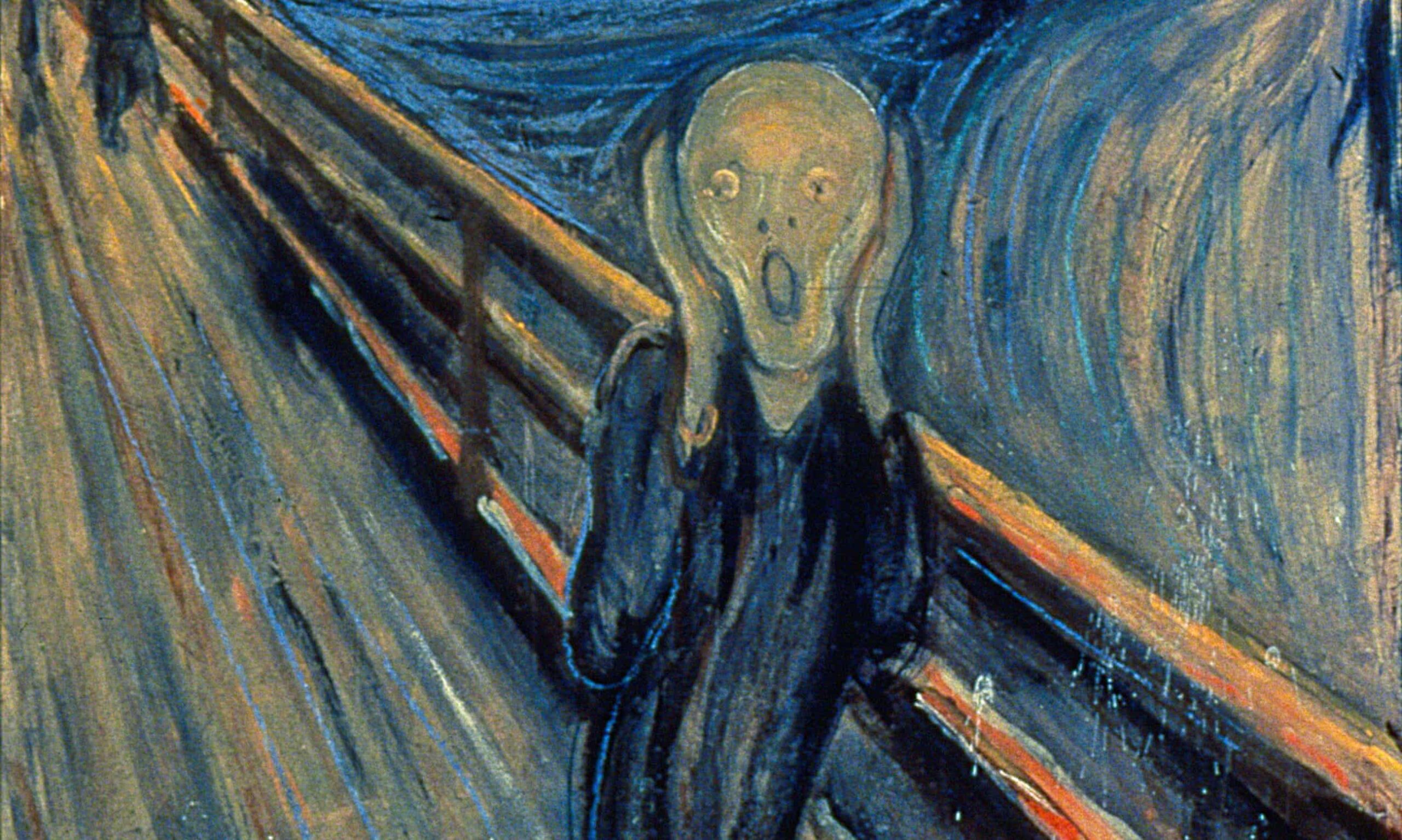
Phobophobia (Fear of Fear): Symptoms, Causes, Treatment
What are the symptoms of phobophobia? Phobophobia is the fear of developing a phobia or the fear of fear itself. It can manifest with a range of symptoms related to anxiety and fear of experiencing a phobia. Symptoms of phobophobia can be both psychological and physical, and may include: Psychological Symptoms: Physical Symptoms: Summary: Phobophobia…
-

Phobias: Symptoms, Causes, Treatment
What are the symptoms of a phobia? Phobias are characterized by an intense, irrational fear of specific objects, situations, or activities. Symptoms of a phobia can vary in intensity, but they typically include both physical and emotional responses when exposed to, or even when thinking about, the phobic trigger. Common symptoms include: 1. Physical Symptoms…
-
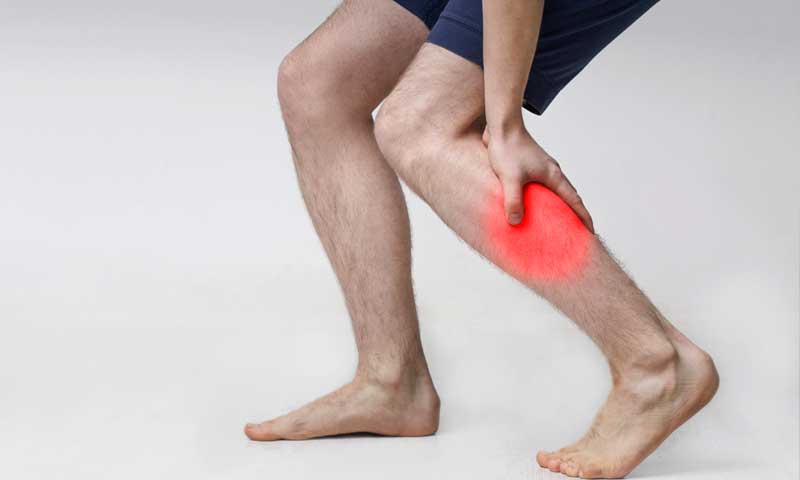
Phlegmasia Cerulea Dolens: Symptoms, Causes, Treatment
What are the symptoms of phlegmasia cerulea dolens? Phlegmasia cerulea dolens is a severe and rare complication of deep vein thrombosis (DVT) characterized by significant venous obstruction and compromised blood flow. It is also known as “phlegmasia cerulea dolorosa” or “phlegmasia alba dolens” when it presents with different clinical features. The symptoms of phlegmasia cerulea…
-

Phimosis: Symptoms, Causes, Treatment
What are the symptoms of phimosis? Phimosis is a condition where the foreskin of the penis cannot be retracted over the glans (head) of the penis. It can be either congenital (present from birth) or acquired later in life. The symptoms of phimosis can vary depending on the severity and whether it is causing any…
-

Philophobia (Fear of Falling in Love): Symptoms, Causes, Treatment
What are the symptoms of philophobia? Philophobia is an intense and irrational fear of falling in love or forming emotional connections with others. This phobia can cause significant distress and interfere with a person’s ability to engage in or enjoy romantic relationships. Symptoms of philophobia can vary but typically include: 1. Emotional Symptoms: 2. Physical…
-

Pheochromocytoma: Symptoms, Causes, Treatment
What are the symptoms of pheochromocytoma? Pheochromocytoma is a rare tumor that typically arises from the adrenal glands and secretes excess catecholamines (such as adrenaline and noradrenaline). This can lead to a variety of symptoms, primarily due to the overproduction of these hormones. The symptoms can vary but often include: 1. Cardiovascular Symptoms: 2. Neurological…
-
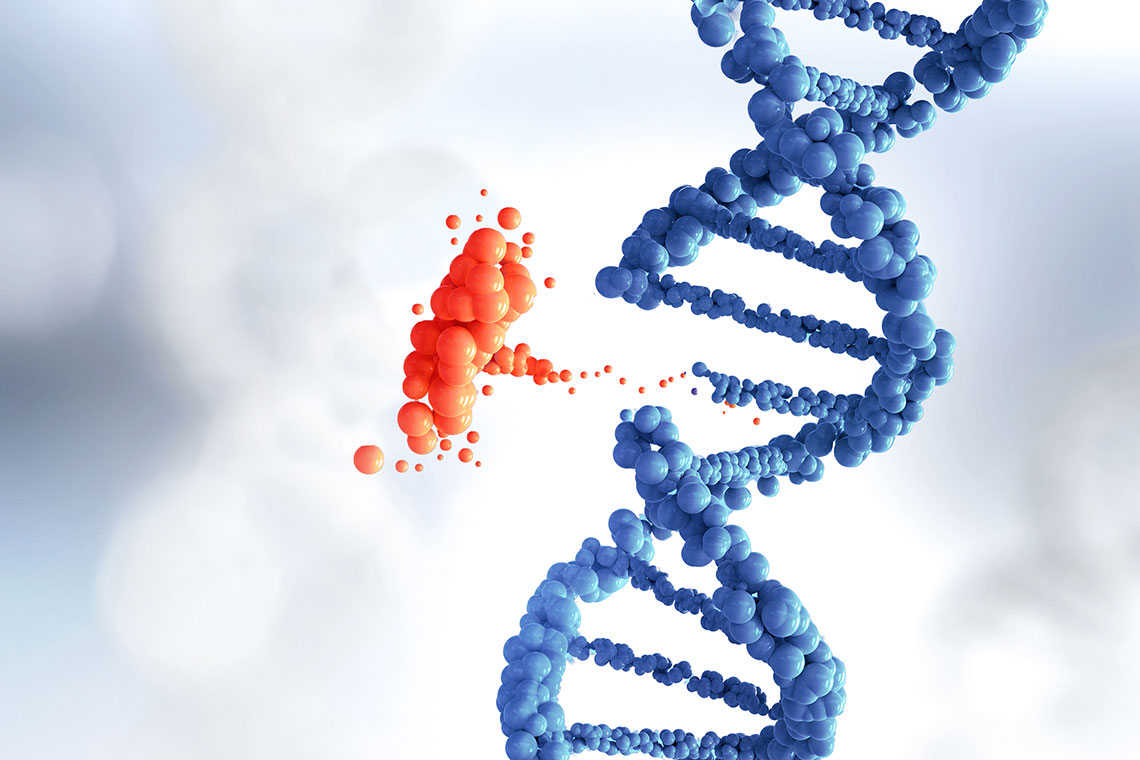
Phenylketonuria (PKU): Symptoms, Causes, Treatment
What are the symptoms of phenylketonuria? Phenylketonuria (PKU) is a genetic metabolic disorder characterized by the inability to metabolize the amino acid phenylalanine, leading to its accumulation in the body. If untreated, PKU can cause severe neurological and developmental issues. Symptoms can vary depending on the severity of the condition and whether treatment is initiated…
-

Phelan-McDermid Syndrome: Symptoms, Causes, Treatment
What are the symptoms of Phelan-McDermid syndrome? Phelan-McDermid syndrome is a rare genetic disorder caused by a deletion or mutation of the SHANK3 gene located on chromosome 22. The symptoms of Phelan-McDermid syndrome can vary widely but typically include a range of developmental, physical, and behavioral features. Common symptoms include: 1. Developmental Delays: 2. Intellectual…
-

Phantosmia (Olfactory Hallucinations): Symptoms, Causes, Treatment
What are the symptoms of phantosmia? Phantosmia, also known as olfactory hallucination, is a condition where a person perceives smells that aren’t actually present. These smells can vary in intensity and type. The symptoms of phantosmia include: 1. Perception of Foul or Unpleasant Odors 2. Phantom Smells in One or Both Nostrils 3. Constant or…
-

Phantom Limb Pain: Symptoms, Causes, Treatment
What are the symptoms of phantom limb pain? Phantom limb pain is a phenomenon experienced by individuals who have undergone limb amputation, where they perceive sensations in the absent limb. The symptoms can vary widely among individuals, but common characteristics include: Phantom limb pain can occur shortly after amputation or may develop months or even…
-

PHACE Syndrome: Symptoms, Causes, Treatment
What are the symptoms of PHACE syndrome? PHACE syndrome is a rare neurocutaneous disorder characterized by a combination of congenital abnormalities. The acronym “PHACE” stands for the main features of the syndrome: Symptoms of PHACE syndrome vary widely depending on which systems are affected and the severity of the involvement. Here are the common symptoms…
-

Pfeiffer Syndrome: Symptoms, Causes, Treatment
What are the symptoms of Pfeiffer syndrome? Pfeiffer syndrome is a rare genetic disorder characterized by specific physical and developmental abnormalities. The symptoms can vary in severity but generally include: 1. Craniosynostosis: 2. Intellectual Disability: 3. Facial Abnormalities: 4. Limb Abnormalities: 5. Hearing and Vision Issues: 6. Neurological Issues: 7. Other Possible Symptoms: Summary: Pfeiffer…
-

Peyronie’s Disease: Symptoms, Causes, Treatment
What are the symptoms of Peyronie’s disease? Peyronie’s disease is a condition characterized by the development of fibrous scar tissue (plaque) inside the penis, which leads to a range of symptoms. The primary symptoms of Peyronie’s disease include: 1. Penile Curvature: 2. Pain: 3. Plaque Formation: 4. Erectile Dysfunction: 5. Reduced Penile Length: 6. Changes…
-

Peutz-Jeghers Syndrome: Symptoms, Causes, Treatment
What are the symptoms of Peutz-Jeghers syndrome? Peutz-Jeghers syndrome (PJS) is a rare genetic condition characterized by the development of polyps in the gastrointestinal tract and distinctive skin pigmentation. The symptoms can vary widely among individuals, but here are the main symptoms associated with Peutz-Jeghers syndrome: 1. Gastrointestinal Polyps: 2. Skin Pigmentation: 3. Other Symptoms:…
-
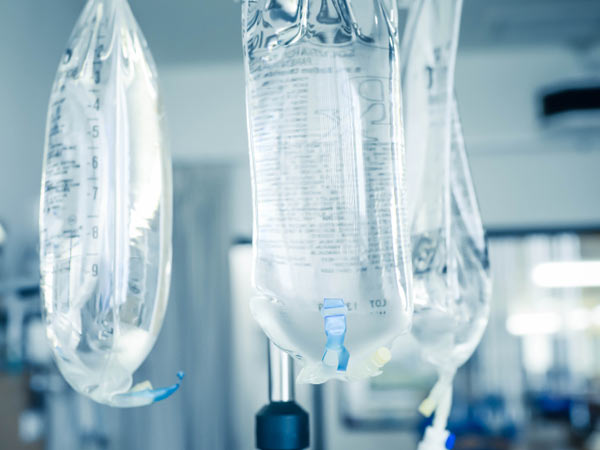
Petechiae: Symptoms, Causes, Treatment
What are the symptoms of petechiae? Petechiae are small, red or purple spots on the skin that result from bleeding underneath the skin. They are typically flat and do not blanch (turn white) when pressed. Here are the main characteristics and symptoms associated with petechiae: Symptoms of Petechiae: Associated Symptoms (Depending on Underlying Condition): Summary:…
-

Pet Allergies: Symptoms, Causes, Treatment
What are the symptoms of a pet allergy? Pet allergies are common and can vary in severity. Symptoms typically arise from exposure to proteins found in pet dander, saliva, urine, or feces. Here are the common symptoms associated with pet allergies: 1. Respiratory Symptoms: 2. Eye Symptoms: 3. Skin Symptoms: 4. Asthma Symptoms: 5. General…
-

Pervasive Developmental Disorder: Symptoms, Causes, Treatment
What are the symptoms of pervasive developmental disorder? Pervasive Developmental Disorder (PDD) is an umbrella term that was historically used to describe a group of developmental disorders characterized by difficulties with communication, social interaction, and behavior. The term has largely been replaced by more specific diagnoses under the Autism Spectrum Disorder (ASD) category in the…
-

Pertussis (Whooping Cough): Symptoms, Causes, Treatment
What are the symptoms of whooping cough? Whooping cough, also known as pertussis, is a highly contagious bacterial infection caused by Bordetella pertussis. It is characterized by severe coughing fits that often produce a “whooping” sound. The symptoms of whooping cough typically progress through several stages: 1. Catarrhal Stage (Initial Stage): 2. Paroxysmal Stage (Coughing…
-
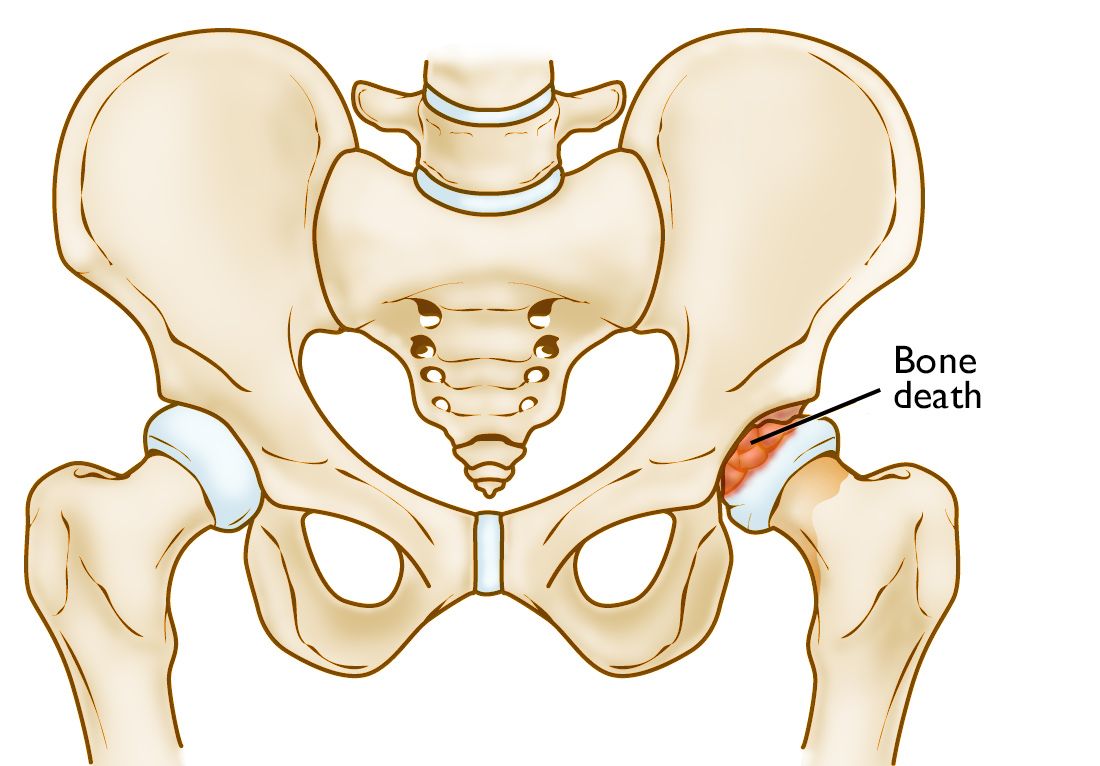
Perthes Disease: Symptoms, Causes, Treatment
What are the symptoms of Perthes disease? Perthes disease, also known as Legg-Calvé-Perthes disease, is a childhood condition where the blood supply to the femoral head (the ball part of the hip joint) is temporarily disrupted. This leads to the death of the bone tissue (avascular necrosis) and can affect the hip joint’s function. The…
-

Personality Disorders: Symptoms, Causes, Treatment
What are the symptoms of common personality disorders? Personality disorders are a group of mental health conditions characterized by long-term patterns of behavior, cognition, and inner experience that deviate significantly from cultural expectations. These patterns can lead to difficulties in functioning and relationships. Here are some common personality disorders and their typical symptoms: 1. Borderline…
-

Persistent Pupillary Membrane: Symptoms, Causes, Treatment
What are the symptoms of persistent pupillary membrane? Persistent pupillary membrane (PPM) is a condition where remnants of the fetal membrane that should disappear before birth remain and extend across the pupil. This membrane can vary in severity, from benign and asymptomatic to causing visual impairment. The symptoms and signs of PPM may include: 1.…
-
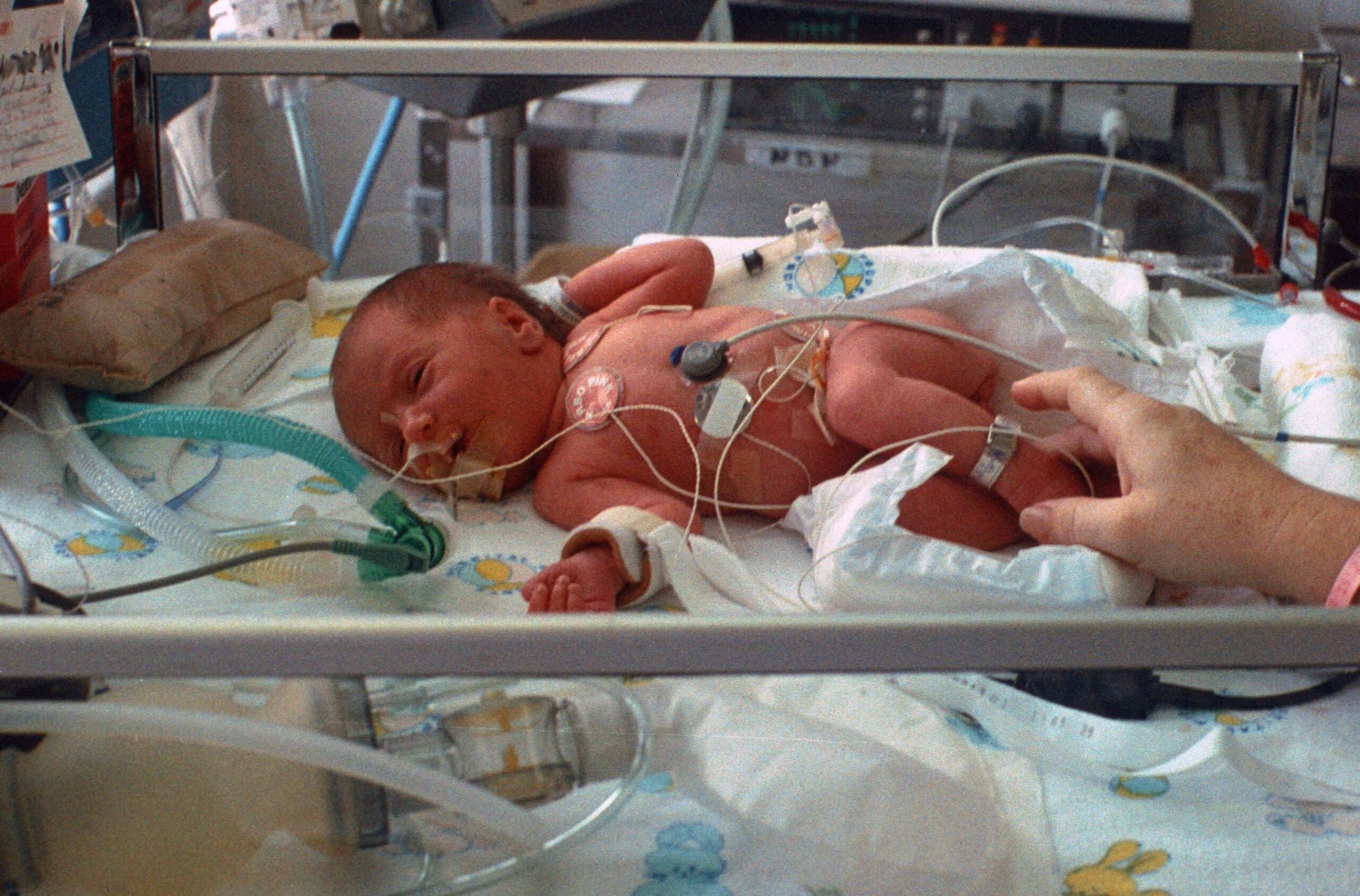
Persistent Pulmonary Hypertension in the Newborn (PPHN): Symptoms, Causes, Treatment
What are the symptoms of persistent pulmonary hypertension in the newborn? Persistent pulmonary hypertension of the newborn (PPHN) is a serious condition in which a newborn’s circulation continues to have high blood pressure in the lungs’ blood vessels, which can lead to significant respiratory distress and complications. The symptoms of PPHN in neonates can include:…
-

Persistent Postural-Perceptual Dizziness: Symptoms, Causes, Treatment
What are the symptoms of persistent postural-perceptual dizziness? Persistent postural-perceptual dizziness (PPPD) is a condition characterized by chronic dizziness and unsteadiness that is often triggered or worsened by certain visual or postural stimuli. The key symptoms of PPPD include: 1. Chronic Dizziness: 2. Unsteadiness: 3. Visual Sensitivity: 4. Postural Instability: 5. Worsening with Motion: 6.…
-

Persistent Genital Arousal Disorder: Symptoms, Causes, Treatment
What are the symptoms of persistent genital arousal disorder? Persistent genital arousal disorder (PGAD), also known as restless genital syndrome (ReGS), is a condition characterized by spontaneous, persistent, and uncontrollable genital arousal that occurs without sexual desire or stimulation. This arousal can be distressing and may last for extended periods. The key symptoms of PGAD…
-
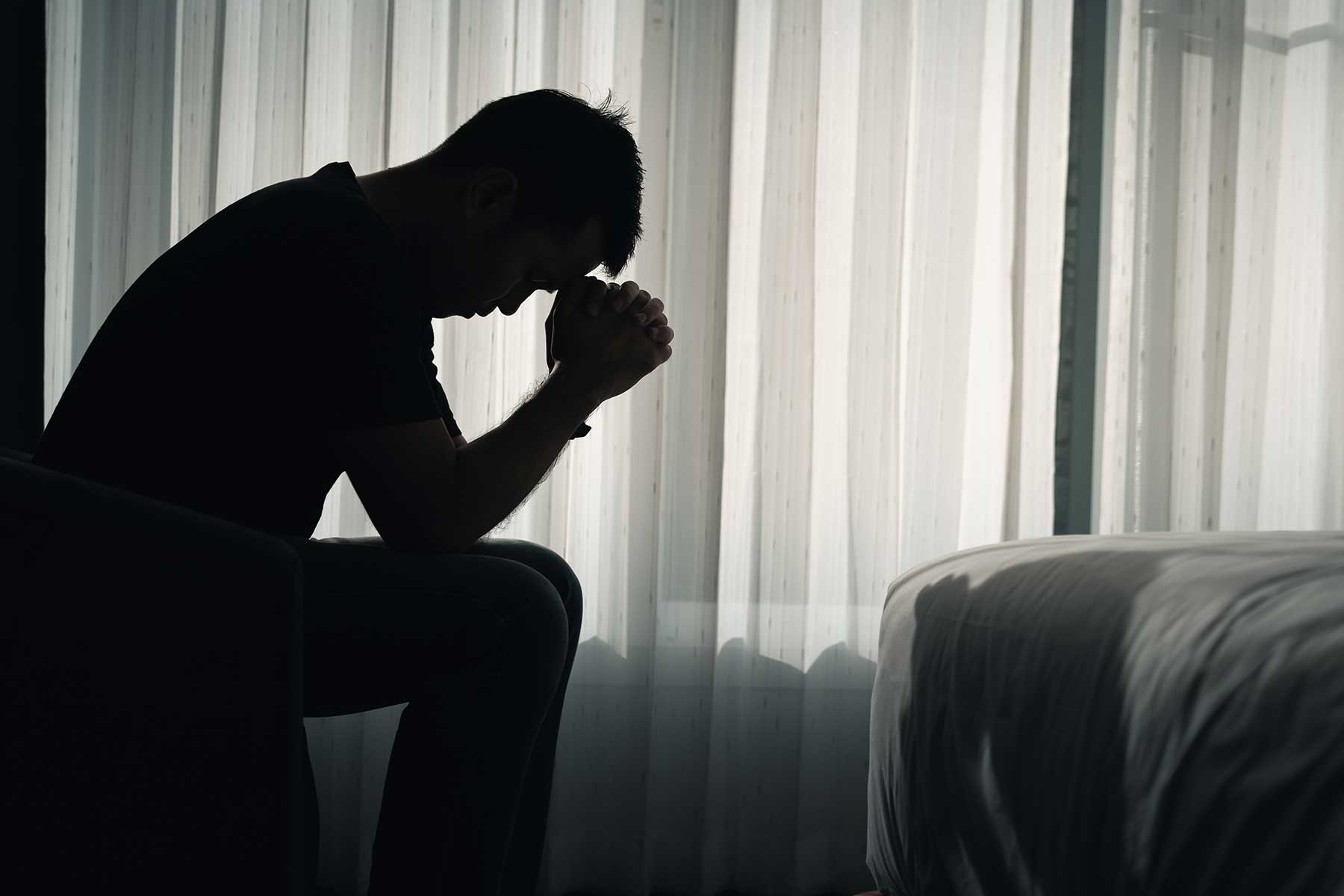
Persistent Depressive Disorder (PDD): Symptoms, Causes, Treatment
What are the symptoms of persistent depressive disorder? Persistent depressive disorder (PDD), also known as dysthymia, is a chronic form of depression characterized by a consistently low mood and other depressive symptoms lasting for at least two years in adults (or one year in children and adolescents). The symptoms of PDD are generally less severe…
-
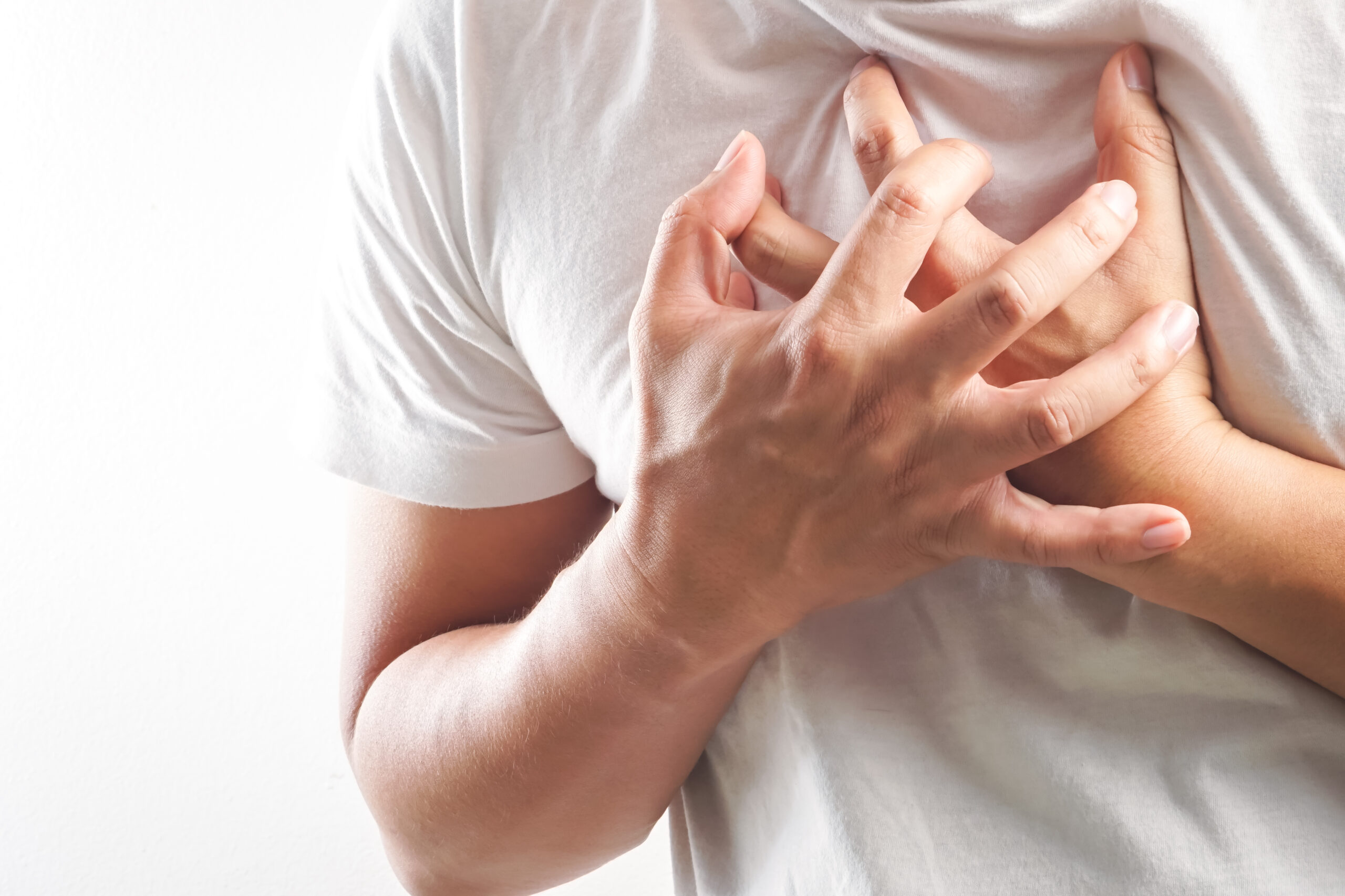
Persistent Atrial Fibrillation: Symptoms, Causes, Treatment
What are the symptoms of persistent atrial fibrillation? Persistent atrial fibrillation (AFib) is a type of irregular heart rhythm that can last for more than seven days or requires medical intervention to restore normal rhythm. The symptoms of persistent atrial fibrillation can vary in severity and may include: It’s important to note that some people…
-
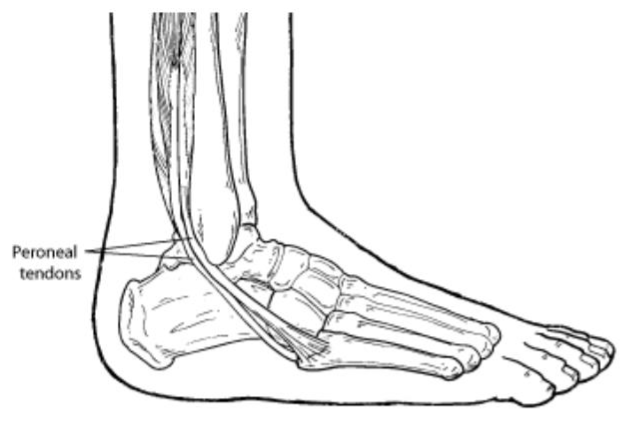
Peroneal Tendonitis: Symptoms, Causes, Treatment
What are the symptoms of peroneal tendonitis? Peroneal tendonitis is an inflammation of the peroneal tendons, which are located on the outer side of the lower leg and help stabilize the ankle. The symptoms of peroneal tendonitis can vary but generally include: 1. Pain: 2. Swelling: 3. Tenderness: 4. Stiffness: 5. Weakness: 6. Pain with…
-
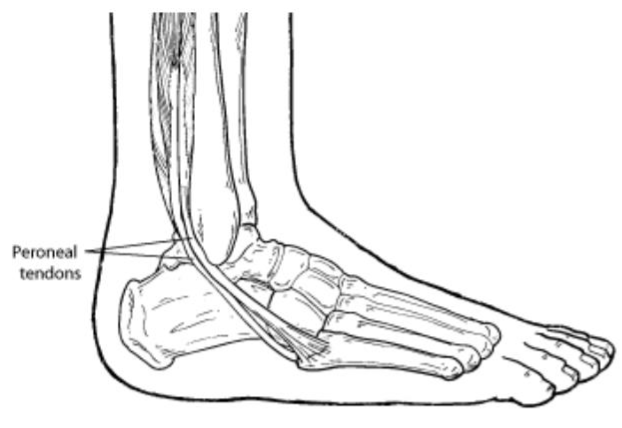
Peroneal Tendon Tear: Symptoms, Causes, Treatment
What are the symptoms of a peroneal tendon tear? A peroneal tendon tear involves damage to one of the peroneal tendons, which are located on the outer side of the lower leg and help stabilize the ankle. The symptoms of a peroneal tendon tear can vary depending on the severity of the injury but typically…
-

Peroneal Nerve Injury: Symptoms, Causes, Treatment
What are the symptoms of a peroneal nerve injury? Peroneal nerve injury affects the function of the peroneal nerve, which is a branch of the sciatic nerve that controls muscles in the lower leg and provides sensation to parts of the foot. Symptoms of a peroneal nerve injury can vary depending on the severity and…
-

Pernicious Anemia: Symptoms, Causes, Treatment
What are the symptoms of pernicious anemia? Pernicious anemia is a type of vitamin B12 deficiency anemia caused by the body’s inability to absorb vitamin B12 from the digestive tract due to the lack of intrinsic factor, a protein necessary for B12 absorption. Symptoms of pernicious anemia can vary widely and may develop gradually. Common…